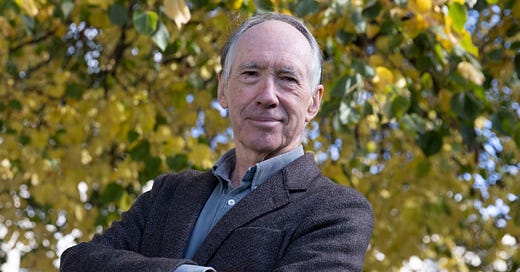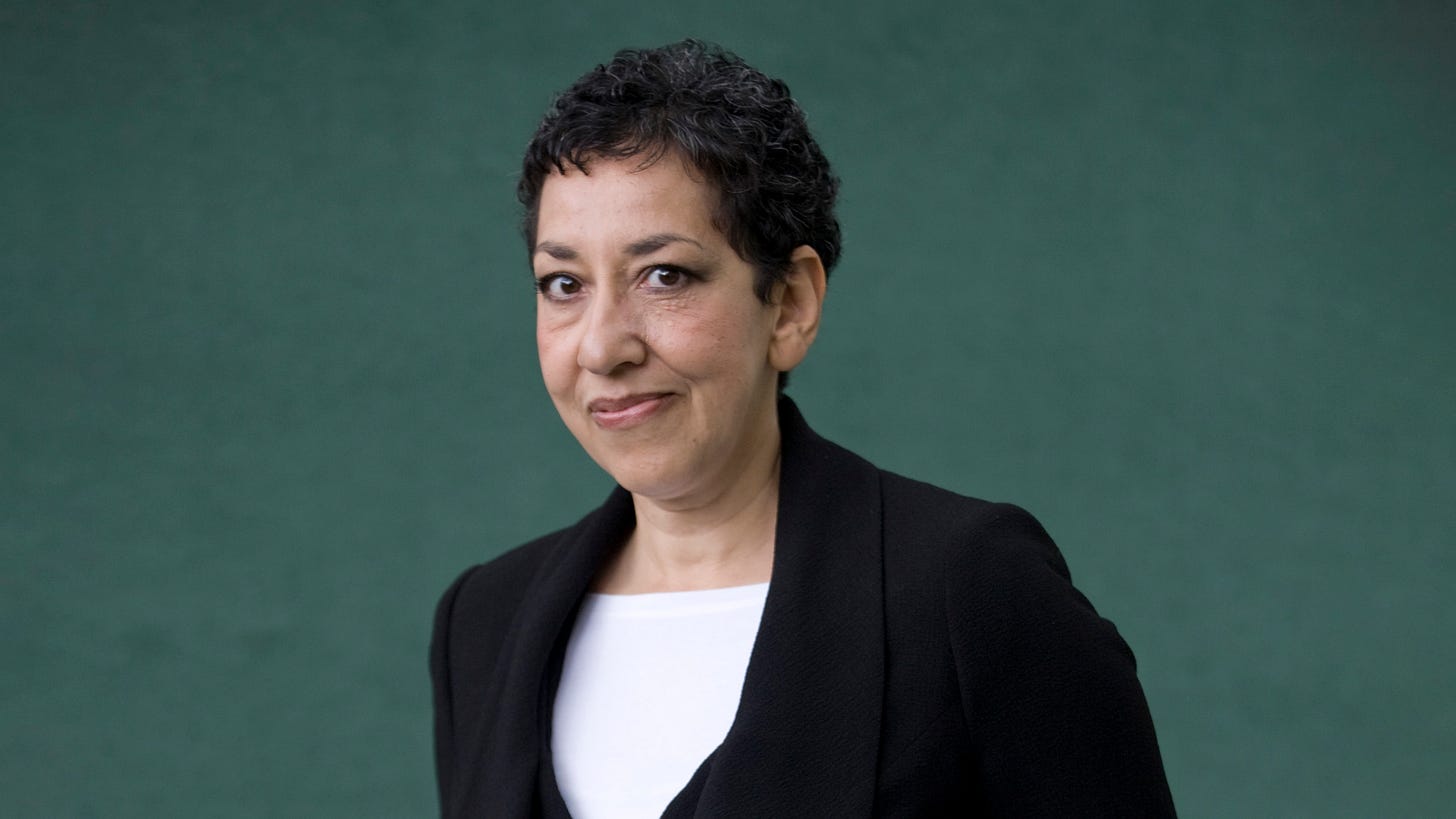Your weekly edit
In the world of the Booker Prizes this week: an exclusive interview with Ian McEwan as he turns 75; Sara Collins reflects on Andrea Levy; plus our new podcast is unveiled
Ian McEwan explains how he wrote Amsterdam, which won the Booker Prize 25 years ago
The inspiration for Amsterdam was twofold. First, it had to be comic. Ian McEwan was reading a lot of Evelyn Waugh – in particular the story collection Work Suspended. ‘And I wanted to write something social, elegant, short, comic in the broadest sense.’ It’s worth noting that, despite their grim subject matter, McEwan’s earlier novels did have comic elements – for example in The Innocent, where the hero spends a lot of time trying to dispose of a pair of suitcases. ‘It always seemed to me funny,’ agrees McEwan, ‘but no one found it!’
Then there was the inspiration for the plot, which winds up over the course of the novel like a clockwork spring, before the contained energy is dramatically released. Two old friends, Clive Linley, a composer, and Vernon Halliday, a newspaper editor, meet at the funeral of a former love, Molly Lane. The comedy is as blackly McEwan-esque as we could hope: even in the opening pages, there’s a brio to the description of Molly’s unspecified illness, its ‘episodes of ineffectual violence and muffled shrieking’.
Molly’s death reminds Clive and Vernon of a pact they made some years earlier, which was based on a conversation McEwan had with a friend, the neuroscientist Ray Dolan, while hiking in the Lake District. ‘We were talking about that difficulty that if you have Alzheimer’s you might want to kill yourself – but then you’ve crossed the line and it’s too late. So you might want to make an arrangement for someone else to do you in. And so we jokingly said, “Well, maybe you and I can come to some arrangement on this”. And the code for this was Amsterdam, where there’s a bit of legal euthanasia.’ This then became a running joke between Dolan and McEwan: if one of them forgot someone’s name, or misplaced their car keys, the other would say, ‘Well, it’s Amsterdam for you!’
Sara Collins on how Andrea Levy changed our minds about history
The thing I’ve always loved most about Andrea Levy’s novels is that they bring history as close as we can ever get to it. The past spills into the present. The people we meet there are people we might know in real life. Their joys and agonies and human foibles aren’t so different from ours. Reading her books, you feel not only that you’re entering someone else’s head but that there’s a good reason for being there. With Small Island, she didn’t just record history, she changed our minds about it, offering us a palliative for the political spite that has for too long been aimed at the Windrush generation and their descendants. Indeed, such is my reverence for that book I put off reading The Long Song [the Booker Prizes’ June Book of the Month] for ages, fearing anything that followed such a singular achievement could only disappoint. I needn’t have worried.
And finally... Subscribe to our new podcast
Our all-new podcast, which launches on July 6, will feature lively discussion and fascinating insights from the world of the Booker, casting a fresh eye over nominated titles from years past, interviewing authors and experts, as well as peering behind the curtain of the latest prizes. Our hosts, novelist and critic Jo Hamya and critic and broadcaster James Walton, will reassess Booker classics and hidden gems, revisiting previous ceremonies and exploring memorable and controversial moments. You can follow the show wherever you get your podcasts.






